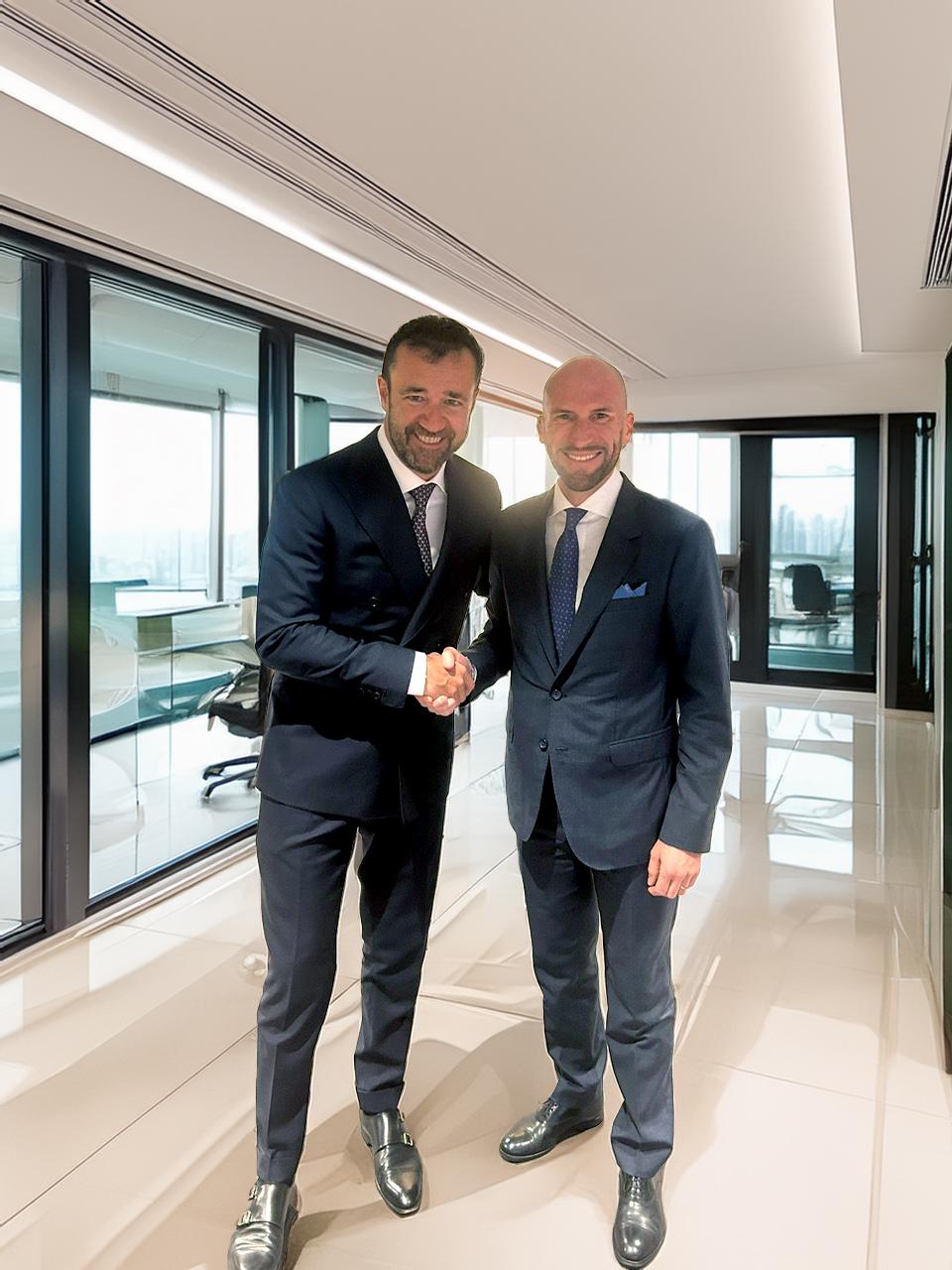Are you more of a manager-coach or are you an inclusive, participative manager with an empowering approach? It is interesting, fascinating even, to observe not just the evolution of management practices, but of the marketing that surrounds them.
After all, every era has its own dogma. It used to be that managers were expected to be authoritarian but now they are supposed to be caring. We once managed teams but now we “coach talents.” Managers no longer have staff but “teammates”, and they “take them on a collective journey.” The manager is now a Chief Happiness Officer, Talent Sherpa or Nurturer of Talent.
We believe it is essential to reflect on how a manager supports their teams in achieving both institutional and personal goals. But do we really have to keep inventing rigid schools of thought that leave little room for creative, committed managers to define their own way forward?
Meanwhile, organisations carry on doing what they have always done: striving for performance, controlling costs and exploring new markets, services and products. Behind all the talk of empowerment, the suffocating hierarchy often remains very much alive, sustained by cultures that refuse to tolerate mistakes.
The new managerial catechism promises salvation through kindness, yet it often enforces conformity through toxic cultures. We must be free, but only in the right way; autonomous, but aligned; responsible, but only for our mistakes.
Perhaps, deep down, management has not really changed that much after all. Maybe all it really takes is a little clarity, some courage and a great deal of respect and empathy – without the semantic gloss. Real managers have no need to sell their management style. They take responsibility, mediate, make decisions, explain, support, inspire and communicate. All this is a far cry from the “good management” jargon and handbooks.
Could managerial atheism be the real alternative?









